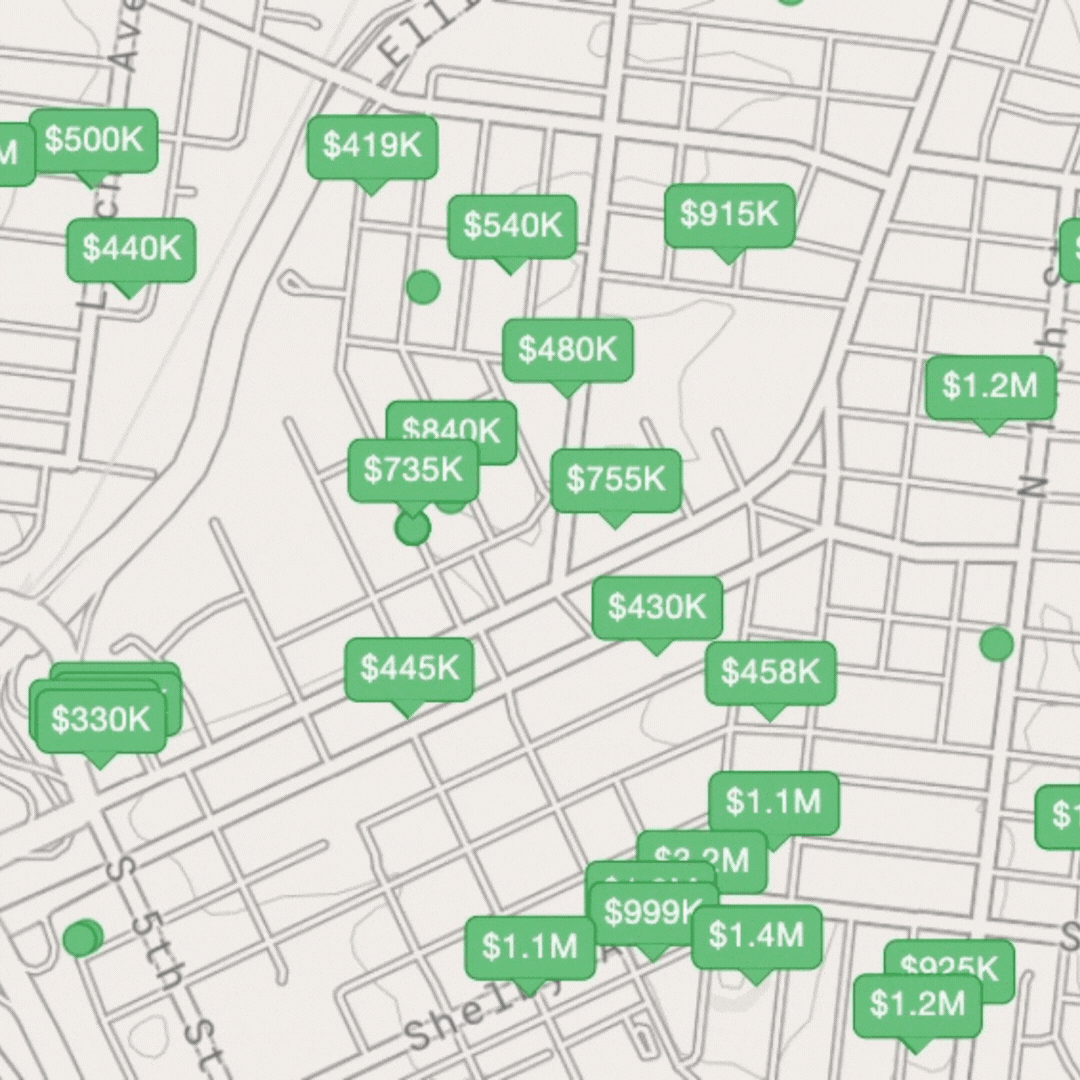 Homebuyers who are contemplating purchasing a condominium should review a long list of documents and other information to make sure that the property they are fully informed. The following information is at the top of the must-consider list:
Homebuyers who are contemplating purchasing a condominium should review a long list of documents and other information to make sure that the property they are fully informed. The following information is at the top of the must-consider list:
- Budget. Examine the current budget, a year-to-date statement of income and expenses, and a couple of previous years’ budgets to see how they’ve changed.
- Reserve study. Understand the plan for maintenance and how it will be paid for.
- Special assessments. Ask if there have been any and whether more are planned. Double check by reveiwing recent Meeting Minutes.
- Delinquencies. How many owners are behind in their payments? Many lenders say no more than 15 percent of owners can be in arrears or they won’t write mortgages in the complex.
- Rental Percentages. FHA and conventional loans often take this into account.
- A Copy of the Deed. It’s important to know whether the development is considered a condo, Planned Unit Development, or Horizontal Property Regime.
- Bylaws (Rules & Regulations). Learn about pet policies, exterior decor rules, deck maintenance, pool hours, noise ordinance, late payment policies, etc.
- Transfer Fees. HOAs typically charge fees to transfer paperwork from one owner to another. This fee is usually not paid the seller. Many HOAs also charge a few months of dues up-front as a capital reserve deposit.
- Contact Info. Make sure you have the contact info for the president and/or management company.
Most importantly a buyer should remember that they must conduct their own due diligence of research in the purchase of any type of home. Ultimately if you have questions about any aspect of the purchase make them known and request them in writing.

